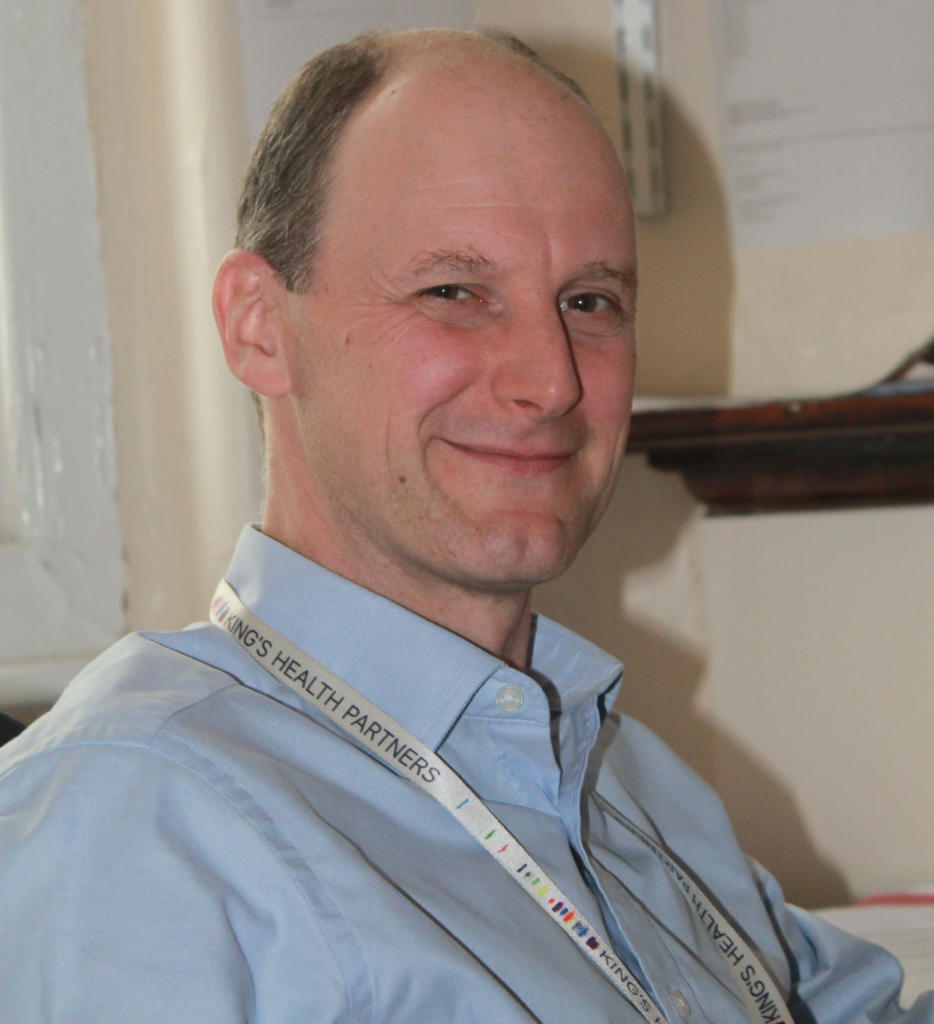It is inevitable that doctors will find themselves in a “candour conversation,” says Philip Berry, who calls for more training to ensure this fraught conversation is beneficial for patients and doctors
 As healthcare workers the things we do, or the things we didn’t do but should have done, can cause our patients harm. The healthcare worker may also be adversely affected. PTSD-type symptoms, for example, have been detected in nurses after medication errors. The emotional toll this can take has led to the term “second victim” being coined, although this phrase is not without controversy. A recent editorial in The BMJ recommended that it should be abandoned, as it puts distance between the doctor and the medical error that has taken place.
As healthcare workers the things we do, or the things we didn’t do but should have done, can cause our patients harm. The healthcare worker may also be adversely affected. PTSD-type symptoms, for example, have been detected in nurses after medication errors. The emotional toll this can take has led to the term “second victim” being coined, although this phrase is not without controversy. A recent editorial in The BMJ recommended that it should be abandoned, as it puts distance between the doctor and the medical error that has taken place.
It is a shame when the two parties in this sad dynamic drift apart, but one initiative that aims to remove any such distance is the duty of candour (DoC), which has been a legal requirement in England and Wales since 2014. This regulation brings healthcare workers and patients who have suffered “moderate or severe [physical] harm, or prolonged psychological injury,” into close contact. Quite rightly, there is no option now for healthcare professionals to turn away and say, “Well these things happen.” Indeed, the CQC are now able to prosecute trusts where the DoC is not observed.
Speaking to a patient about something that has gone wrong in their care would seem every decent doctor’s basic, human duty. The newly embedded DoC ensures that this conversation is not relegated or forgotten among other practical arrangements. Yet there are barriers to achieving this kind of resolution.
Second victims (a term I will continue to use for now) are not themselves in the early stages after a patient safety incident. One study observed that they typically experience several phases, including the immediate “panic response,” followed by self-doubt, “intrusive reflections” on what might have been done differently, the search for emotional first aid, and anxiety related to any upcoming investigation.
Communicating “sorrow and regret” (the regulation’s definition of an apology) to a patient can be a fraught experience for the healthcare worker who is finding their way through their own psychological reaction. It is possible that feelings of vulnerability, fear, and magnified responsibility will influence the words that are chosen, and make the conversation less candid than intended, thereby undoing the purpose of the DoC. Nervousness about personal accountability may lead the doctor to avoid certain areas of discussion pending the outcome of a formal investigation. Indeed, a recent article in The BMJ explored the lack of clarity in the UK around “apology protection.”
There are many ways to say sorry. By degrees of language, responsibility can be depersonalised or described in a passive context. Whether patients would always hear these differences, I cannot say, yet sincerity is important. NHS Resolution recently completed a study into the experiences of patients who make financial claims after medical error, and found that “Less than one third (31%) felt they received an apology. A minority of those that did receive an apology rated the apology highly.”
The DoC has brought two emotional spheres—that of the patient and the doctor—together. This is a good thing, in terms of transparency, opportunities for learning, and the long term confidence of patients in the moral integrity of those who provide care. However, the psychological resources required of healthcare workers to deal with their own regret and self-criticism, while simultaneously approaching patients or relatives, should not be underestimated.
It is inevitable that doctors will find themselves in a “candour conversation,” and it would be better for them to be prepared, rather than groping for the right words, and the right tone, while reeling from their part in a patient’s injury. With this in mind, consideration should be given as to how healthcare workers, including trainees, can be supported. Bodies such as NHS Resolution and Medical Protection have guidance on saying sorry—illustrating the point that this is an area where doctors do not always feel confident.
Training would help to address this very human factor and I would encourage teaching programmes to incorporate sessions on when and how to deliver the duty of candour, especially in surgical and procedure based specialties. Increasingly, it is necessary for clinicians to make a judgment about the degree of harm caused to the patient, as the DoC is invoked at a certain level. Therefore the ability to elicit from patients how they have been affected is equally important.
Clinical supervisors have a large part to play here. Just as senior clinicians bring trainees into the room while breaking bad news or broaching difficult topics with patients, so they should invite them into candour conversations where appropriate. Conversely, when trainees are involved in safety incidents, consultants can assess whether they are mature enough to have the conversation and coach or supervise them if there is doubt. Doctors will have to meet this new era of candour with skills that were always desirable in doctors, but which are now an absolute requirement.
Philip Berry is a consultant hepatologist at Guy’s & St Thomas’ NHS Foundation Trust, and is departmental governance lead. He is interested in medical ethics relating to treatment escalation, end of life care, communication around DNACPR decisions, and response to medical error. He writes on medical ethics at www.illusionsofautonomy.wordpress.com, and is on Twitter @philaberry
Competing interests: None declared.
